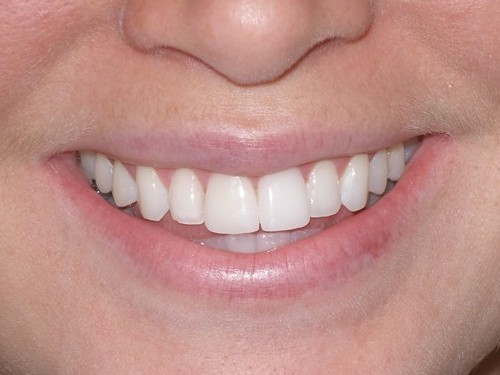Physiologic dentistry is a branch of dentistry that studies the occlusal system that ensures a comfortable and beautiful smile. While routine dental care keeps teeth clean and gums healthy, ongoing evaluations help ascertain how your jaw joints work and if the teeth make contact while biting. Unbalanced bites affect your dental health and are the underlying cause of many dental and cosmetic concerns. Your physiologic dentist will evaluate your bite to assess if you have bite problems. They will then create a customized treatment plan to give long-term results.
Call Our Office Today at (480) 539-7979
How do doctors evaluate bites?
Your doctor will visually inspect the teeth, gums, and jaw, along with digital technology to evaluate your bite. They give recommendations to stabilize the bite with supportive long-term dental health based on the information gathered.
You end up without any muscle tension and have a comfortable bite with minimal risk of any wear and damage if teeth make proper contact.
Why physiologic dentistry?
Physiologic dentistry assesses the relationship between oral health and your physical wellness. A bite-related problem can trigger complex dental problems and other TMJ-like symptoms.
Proper jaw functioning and resting naturally provide the vital oral foundation that minimizes dental concern risks while supporting overall health.
Signs of bite problem
The common symptoms in patients with a temporomandibular disorder or bite-related problems include:
- Jaw pain
- Neck and shoulder pain
- Headaches
- Chewing difficulties
- Worn, flat, or cracked teeth
- Gum recession
When should you consider physiologic dentistry?
You should consider physiologic dentistry if you suffer from:
- Clenching/grinding
- Jaw joint pain
- Locked jaw
- Back, neck, and, cervical pain
- Facial pain
- Postural problems
- Ear pain or hearing loss
- Difficulty in opening the mouth wide or side to side
What is a physiologic orthotic?
The removable or fixed dental appliance for the lower jaw is called a physiologic orthotic. It helps support the bite in the physiologic position, which is the most relaxed muscular position.
Relaxing the jaw and neck muscles using electromyography (EMG’s), guided ultralow frequency (ULF), and transcutaneous electro neural stimulation (TENS) helps achieve the position.
These appliances are best for treating muscle tension-induced TMJ pain and headaches.
1) Fixed or permanent orthotic
Fixed orthotics are bonded to the teeth and are not removable. Thin and comfortable, the appliance gives quick results. However, the bite position may permanently change once the TMJ joints heal after about 3-6 months of wear.
It is why dentists use fixed orthotics only for a full bite-changing restorative treatment and not if the patient does not require permanent bite changes.
2) Removable orthotic
Most chronic TMJ or headache sufferers wear a removable orthotic on the lower arch. It helps support the jaw in the physiologic position while permitting for decompressed TMJ and relaxed muscles treating headaches and neck pain.
Though they are bulkier than fixed orthotics, they don’t create permanent bite changes. However, the patient can remove it while cleaning and eating for comfort reasons.


